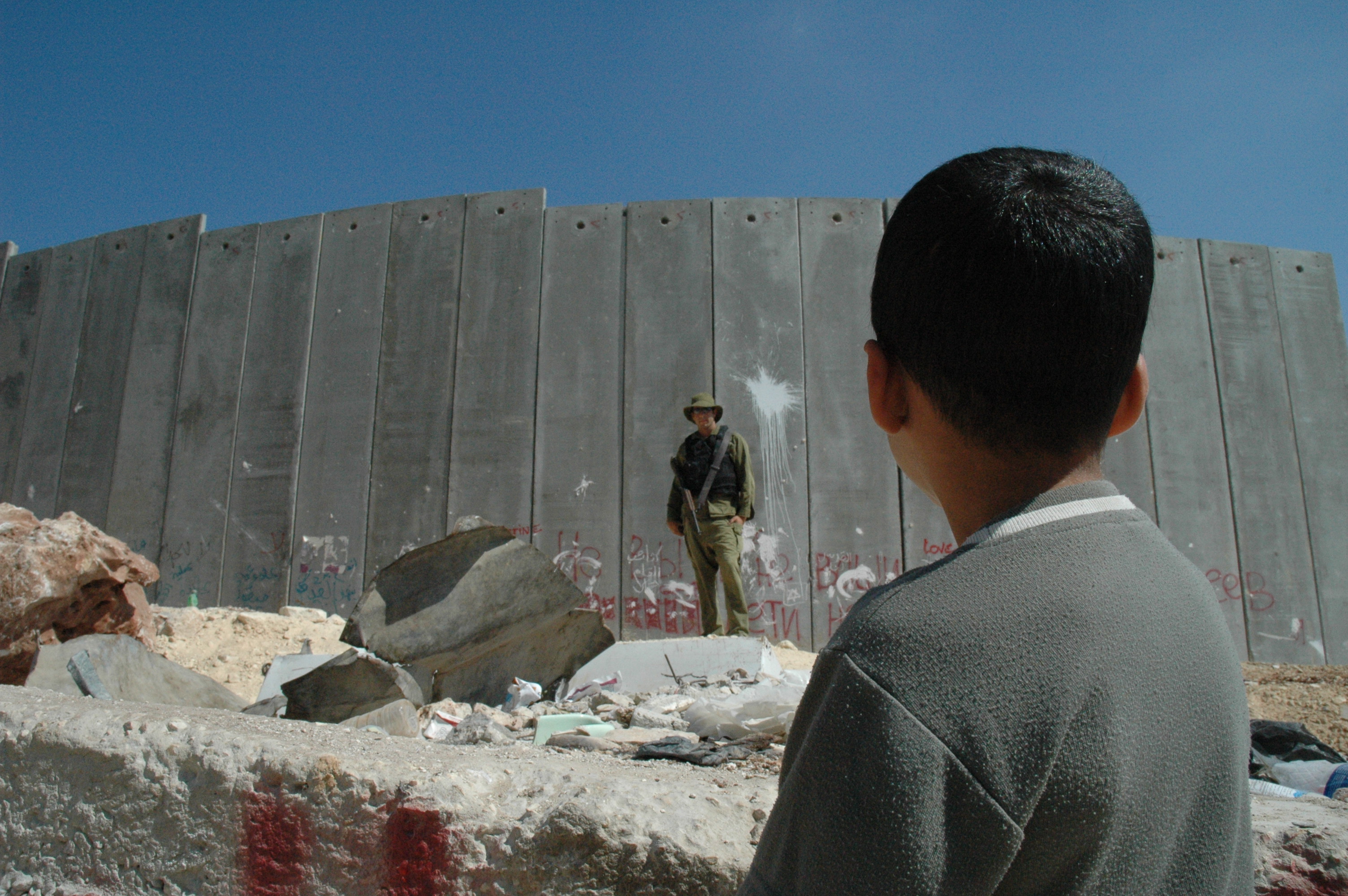
Saturday 22 September 2018
Palestine: The Politics of Trump Are Doomed To Fail
Posted on September 20, 2018.

Last month, President Donald Trump’s administration decided to cut all financing for the United Nations Relief and Works Agency for Palestine Refugees in the Near East, which provides schools, health care and other forms of assistance for these displaced people. Last week, the administration announced the withdrawal of $25 million in financial aid for six hospitals in East Jerusalem, where most of the patients are Palestinian. And that week, the U.S. State Department announced the immediate closure of the Palestine Liberation Organization’s mission in Washington. The objective is to force Palestinian leaders to abandon their social demands regarding the right of return. That will not work. On the contrary, it will decrease the likelihood of a peace agreement on one of the most controversial aspects of the Israeli-Palestinian conflict.Trump already tried this tactic before. Last year, his administration threatened, through his Ambassador to the U.N. Nikki Haley, to impose financial sanctions on countries that question the recognition of Jerusalem as the official capital of Israel. The U.N. member states responded by voting overwhelmingly to condemn that decision. Using financial blackmail to directly threaten Palestinians would again be ill-advised. In view of the profound personal interest the Palestinians have in the conflict, negotiators are already walking a fine line that requires a nuanced and respectful approach to the feelings and aspirations of the population.Impossible Concessions
Of course, in the business world, financial tactics can be used effectively to complete difficult transactions. But in matters of international diplomacy, crass attempts can inflict certain results; in particular, using money generally has the opposite of the intended effect because it tends to push those threatened by it to adopt more extreme positions. After all, these aren’t simple property dealings where some investors win and others lose. What’s at stake here is dignity, identity and human rights. The results of the negotiations will affect the lives and futures of entire populations.
These public threats discourage even moderates like Palestinian Authority President Mahmoud Abbas from softening his public stance on the conflict. Over the years, Abbas opposed violent resistance, demonstrated unprecedented flexibility regarding an independent demilitarized Palestinian state, and has publicly expressed his willingness to compromise on contentious issues like the right of return. But with the tactless intimidation of the Trump administration, such concessions become impossible, because Abbas would no longer be in a position to convince the Palestinians that an agreement would be reached in a fair and equal manner which doesn’t compromise their national pride. For the majority of Palestinians, renouncing a right of return under such circumstances would simply be a defeat.
The fact is that no Palestinian leader can accept any compromise, even technically, if it seems like they are giving in to threats, especially when it means abandoning something that the Palestinians consider a fundamental right. Once the United States makes threats publicly, they are doomed to fail. In fact, the two most important Middle East peace agreements over the course of the last 50 years – the Camp David Accords in 1978 between Israel and Egypt and the Oslo Accords in 1993 between the Israelis and the Palestinians – were able to be signed because the negotiations took place behind closed doors. That freed the negotiators from the pressure of ever-changing public sentiment, allowing them to reach an overall fair agreement that, in its complete form, could be publicly defended.
Justice
However, even behind closed doors, compromise needs to be fair. The Trump administration can’t force the Palestinian side – the weaker of the two – to accept unfair terms under the pretext of political realism, because all future agreements will still need large-scale public support to succeed. If the terms seem excessively one-sided, the accord will collapse. To avoid such a result, Israeli-Palestinian peace talks need to be conducted in a less public manner and draw on accepted, long-standing benchmarks. Palestinian leaders have expressed a willingness to compromise, even on contentious issues like Jerusalem, refugees and even land swaps (on the condition that they are equal in scale and form).
But such a compromise will only be possible within the framework of a peace agreement stipulating the creation of an independent Palestinian state consistent with the borders before 1967, with East Jerusalem as its capital. It is that framework which needs to serve as the basis for stakeholders. The first step, however, must be re-establishing confidence, not only between Israelis and Palestinians, but also with other intermediaries besides the U.S., which can’t be considered an impartial mediator if it continues with its flagrant pro-Israeli bias.
The Palestinians are a proud people who made enormous sacrifices in their fight to survive displacement, occupation and prolonged military blockades. They will not submit to blackmail in accepting American-Israeli demands. No peace agreement will be possible if all the involved parties don’t consider this fundamental fact.
The views expressed in this article are the sole responsibility of the author and do not necessarily reflect those of the Blog!
Subscribe to:
Post Comments (Atom)



a.gif)














No comments:
Post a Comment